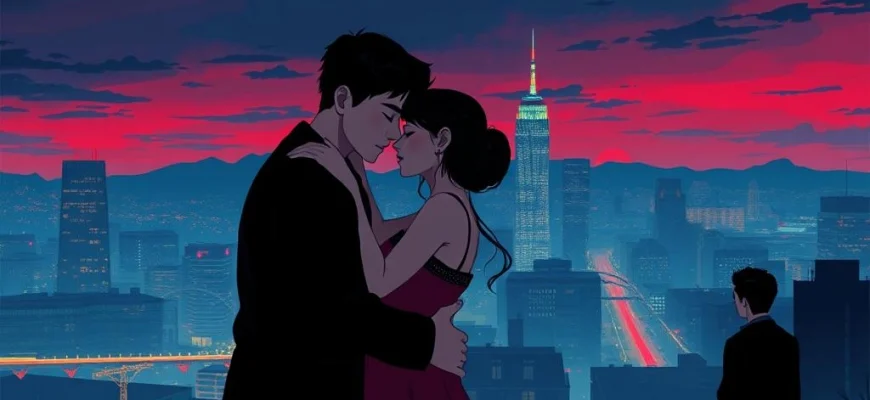If you loved the darkly comedic and unconventional romance of Humanist Vampire Seeking Consenting Suicidal Person (2024), you're in for a treat. This article explores 10 similarly quirky, heartfelt, and offbeat movies and shows that blend humor, existential themes, and unconventional love stories. Whether you're drawn to its unique premise or its emotional depth, these recommendations will satisfy your craving for more unconventional storytelling.
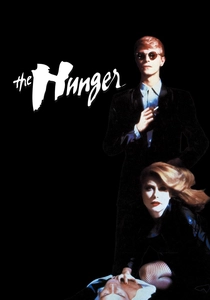
The Hunger (1983)
Description: A stylish and sensual vampire film that focuses on the emotional toll of immortality and doomed relationships. The movie combines gothic atmosphere with a modern, new wave aesthetic.
Fact: The opening sequence features a performance by Bauhaus, marking one of the first appearances of goth rock in cinema. The film's editing style was highly influential on music videos of the era.
 Watch Now
Watch Now 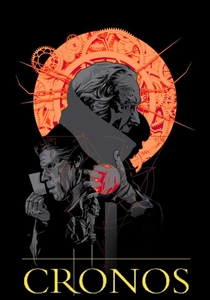
Cronos (1993)
Description: A unique twist on vampire mythology that focuses on an ancient device granting immortality. The film blends body horror with a fairy tale-like quality, exploring the price of eternal life.
Fact: This was Guillermo del Toro's feature film debut. The Cronos device was inspired by medieval alchemical texts and was designed to look like a golden scarab beetle.
 Watch Now
Watch Now 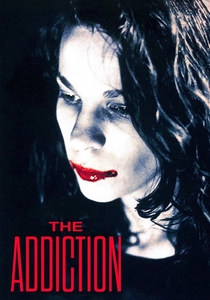
The Addiction (1995)
Description: A philosophical vampire film that uses the genre as a metaphor for addiction and existential despair. Shot in stark black-and-white, it combines intellectual dialogue with visceral horror elements.
Fact: The entire film was shot in just 16 days on location in New York City. It features cameos by several real-life NYU professors playing themselves.
 Watch Now
Watch Now 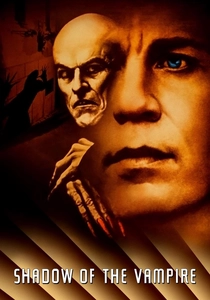
Shadow of the Vampire (2000)
Description: A meta-fictional take on vampire mythology that blurs the line between filmmaking and reality. The movie explores the obsession with authenticity and the dark side of artistic creation.
Fact: The film is loosely based on the making of F.W. Murnau's Nosferatu, with the fictional premise that the actor playing the vampire was actually a real vampire. It features extensive use of silent film techniques.
 Watch Now
Watch Now 
Thirst (2009)
Description: A morally complex tale of a priest who becomes a vampire, exploring themes of desire, faith, and corruption. The film blends eroticism with body horror in a visually striking package.
Fact: The director incorporated elements of Émile Zola's novel Thérèse Raquin into the storyline. The lead actor lost 20 pounds during filming to portray the vampire's physical deterioration.
 Watch Now
Watch Now 
Let the Right One In (2008)
Description: A hauntingly beautiful story about a young vampire and her human friend, blending horror with deep emotional resonance. The film explores themes of isolation, love, and the blurred lines between innocence and monstrosity.
Fact: The film was shot in the dead of winter in Sweden, with temperatures often dropping below -30°C. The iconic swimming pool scene was filmed in a single take.
 Watch Now
Watch Now 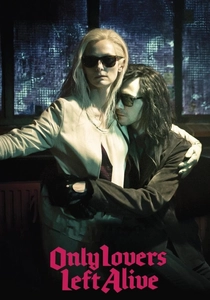
Only Lovers Left Alive (2013)
Description: A stylish and melancholic take on vampire lore, focusing on existential themes and the struggles of immortal beings in a modern world. The film blends dark humor with a poetic, introspective tone.
Fact: The film was shot in both Detroit and Tangier, using the locations to emphasize the contrast between decay and timeless beauty. It features a soundtrack heavily influenced by indie rock and blues.
 Watch Now
Watch Now 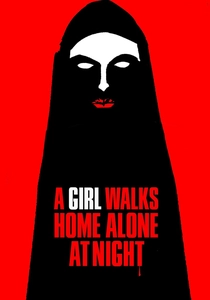
A Girl Walks Home Alone at Night (2014)
Description: A unique blend of vampire mythology and indie cinema, set in a surreal, dreamlike world. The film explores loneliness, rebellion, and the search for connection through its enigmatic protagonist.
Fact: It was the first Iranian vampire western ever made. The black-and-white cinematography was inspired by classic film noir and spaghetti westerns.
 Watch Now
Watch Now 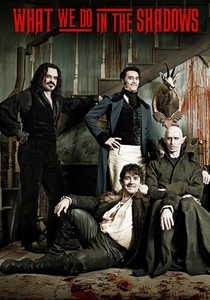
What We Do in the Shadows (2014)
Description: A mockumentary that humorously deconstructs vampire tropes while still embracing the gothic aesthetic. The film balances absurdity with a surprisingly heartfelt look at the mundane struggles of immortal life.
Fact: The film was shot on a shoestring budget in New Zealand, with many of the special effects being practical. It later inspired a successful TV series of the same name.
 Watch Now
Watch Now 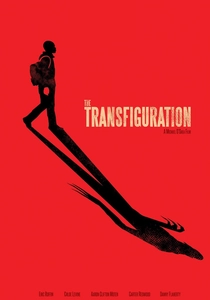
The Transfiguration (2016)
Description: A gritty, urban take on vampire mythology that follows a troubled boy who believes he's a vampire. The film explores mental health, trauma, and the power of belief through a horror lens.
Fact: The lead actor had never acted professionally before being cast in the film. It was shot entirely on location in New York City housing projects.
 Watch Now
Watch Now 
